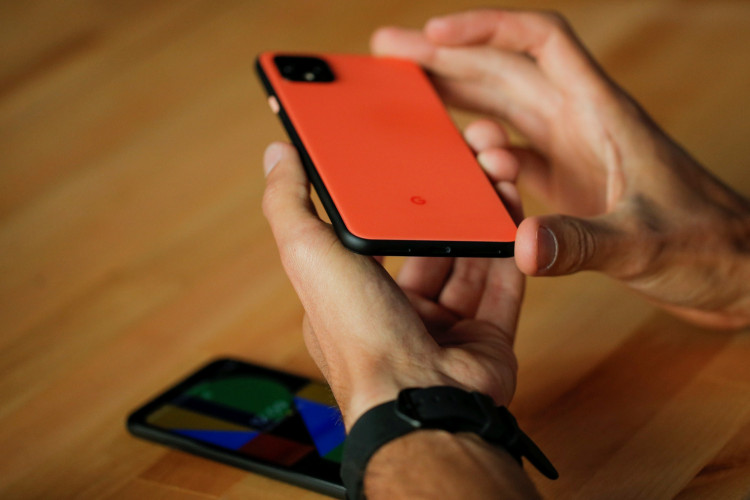A few days ago, several news outfits reported that the major US carriers are coming together to make a whole new company to replace SMS with RCS and design their app. In other words, Google has finally thrown the towel and put the carriers' in-charge of Android text messaging. According to a new report, the most recent move from the search engine giant just made Android messaging even messier.
Several days ago, T-Nobile, AT&T, Verizon, and Sprint announced the Cross-Carrier Messaging Initiative or CCMI. This is a joint venture, a whole new company that will provide business chat services to businesses. It will also serve as the latest texting app for Android users come 2020.
While the move may not be a direct answer to Google's indirect threat of taking over texting for all Android phones in the US because nobody gets the job done, but the timing is simply impeccable. The apps that come directly from the major carriers, even those for core services, are often terrible. This includes the Verizon Message+, Verizon's VZNavigator, AT&T Messages, and AT&T Navigator.
At this point, we do not have any information, yet if the RCS will be encrypted end to end. All we know is that it keeps on vaguely saying privacy. Also, it appears that Google was totally cut out of the announcement, according to The Verge, considering that it took the search engine giant a few hours to come up with a statement in response to the latest initiative. The report added that it has heard from CCMI that it plans to collaborate with Google and others to make sure that the apps are compatible with various platforms.
The report went on saying that text messages will be totally standards-based and compatible with RCS all around the globe. Google has repeatedly blinked over the years and by giving control of Android messaging to carriers, the search engine giant now has to scramble to ensure that this unforeseeable result will not end up destroying the default texting experience on each Android smartphone sold in the US. If the four major carriers in the US, Sprint, Verizon, AT&T, and T-Mobile do not do a better job than they have before in terms of providing good services and apps, Android users will be stuck with something terrible, says The Verge.
So, US Carriers announced the Cross-Carrier Messaging Initiative (#CCMI) for #RCS. It has some pluses & minuses according to this article in @9To5Google: Verizon, AT&T, Sprint, and T-Mobile join forces to bring RCS to Android in 2020 https://t.co/NVXwqy5i5p via @NexusBen — William Dudley (@wdudley2009) October 28, 2019
When this happens, Google, after all these years, has not really accomplished anything with its messaging. All it ever does was convince the US users that the only way to solve the messaging mess on Android smartphones is to purchase an iPhone.





